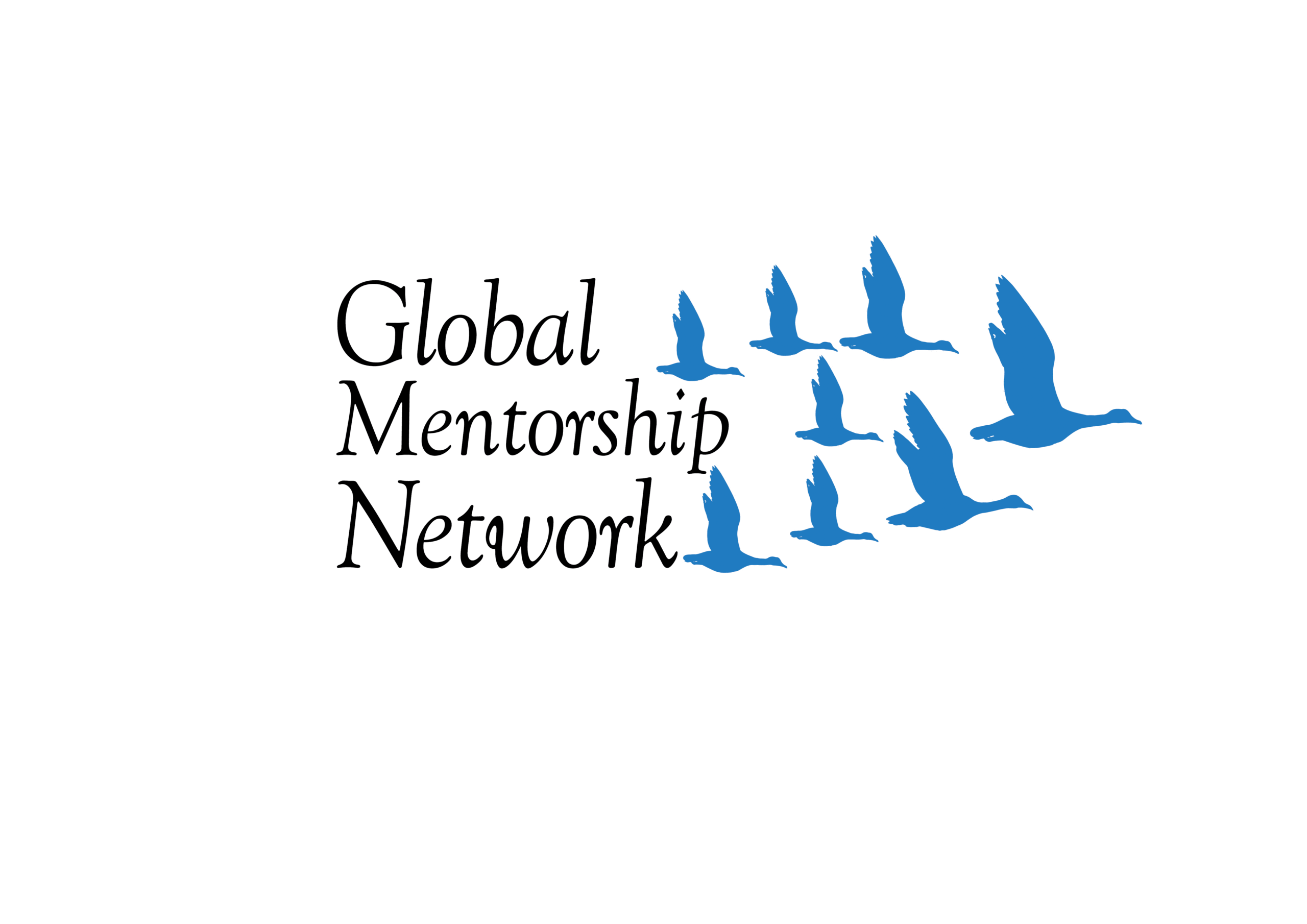By Johnson & Joyce Ouma
Eternal Bonds: Thriving Families
Introduction: When Home Becomes a Battlefield
Every family—regardless of background, faith, or culture—experiences conflict. Disagreements, wounds, jealousy, silence, favoritism, rebellion—these are not modern issues; they are age-old struggles. The Bible does not shy away from the messiness of family life. Instead, it offers raw, redemptive stories that reveal both the pain of broken relationships and the hope of restoration.
In this reflection, we examine two prominent biblical families: Joseph and his brothers, and King David and his children. Their stories, though ancient, offer living principles for families today. Whether you’re seeking healing, wisdom as a parent, or a model for reconciliation, their journeys have something to teach us all.
The Story of Joseph & His Brothers (Genesis 37–45)
A family torn by jealousy. A favored son. A reckless betrayal. A destiny interrupted.
Joseph’s story begins in pain: betrayed by his own brothers, sold into slavery, and left for dead. Yet through God’s providence, he rises to power in Egypt. Years later, when famine forces his family to seek help, Joseph is faced with the ultimate test: revenge or reconciliation.
What makes Joseph’s story powerful is not just his success, but his decision to forgive. He doesn’t ignore the past—he confronts it with grace, offering both accountability and mercy.
Timeless Lessons:
-
Forgiveness can break generational cycles.
-
God can redeem betrayal and reposition it for purpose.
-
Restoration often begins with the courage to confront and forgive.
The Story of David’s Household (2 Samuel 13–18; 1 Kings 1–2)
If Joseph’s story is one of reconciliation, David’s family is a tragic warning of what happens when conflict is left to fester.
David, a man after God’s heart, was a great king—but a passive father. The dysfunction in his home exploded after the rape of his daughter Tamar by her half-brother Amnon. David was angry, but he did nothing. Absalom, Tamar’s full brother, took matters into his own hands and murdered Amnon.
The spiral didn’t stop. Absalom rebelled, and eventually died at the hands of David’s men—leaving the king weeping, broken, and full of regret.
Later, David’s son Adonijah tried to usurp the throne, repeating the same pattern: ambition, rebellion, and death.
Hard Questions to Ask Ourselves:
-
What happens when parents remain silent in the face of injustice?
-
How does unresolved pain in one generation affect the next?
-
Are we raising children we’re emotionally disconnected from?
What Went Wrong in David’s Family?
-
Parental passivity: Silence is not neutral—it speaks volumes.
-
Lack of open communication: Emotions buried alive don’t die; they mutate.
-
Unresolved sin: Sin ignored becomes sin multiplied.
-
Injustice: When leaders fail to uphold truth, bitterness fills the gap.
Principles for Today’s Families
Biblical stories offer more than moral tales—they give us tools for transformation. These principles apply across time and culture:
-
Confront Sin with Truth and Love
Don’t sweep issues under the rug. Speak truth, but season it with grace. -
Seek Early Reconciliation
Delay deepens division. Act quickly to address pain before it festers. -
Be a Fair and Firm Parent/Leader
Love must be coupled with justice. Boundaries show value. -
Deal with Bitterness Before It Grows
Hidden pain becomes hostility. Forgiveness is not optional—it’s survival. - Extend Forgiveness and Model Healing
We teach most powerfully through our example. Don’t just preach healing—live it.
Modern Parallels: Why This Still Matters
-
Digital Distractions: Family dinners are replaced by screen time.
-
Busy Lifestyles: We’re present, but not truly available.
-
Cultural Shifts: Traditional roles are evolving—families need new ways to express love, identity, and togetherness.
The symptoms may be different, but the root issues—pride, silence, pain, jealousy—remain. The Bible still speaks into these places with piercing relevance.
Hope for Today’s Families
Just as Joseph turned betrayal into blessing, your family’s past does not have to define its future. And just as David’s story warns us of the cost of silence, it also reminds us of a Father whose love is deeper than our failings.
Whether you’re in the middle of family conflict, recovering from it, or trying to build stronger foundations—God’s wisdom is not just ancient, it’s alive.
Together, let’s build eternal bonds and raise thriving families.
